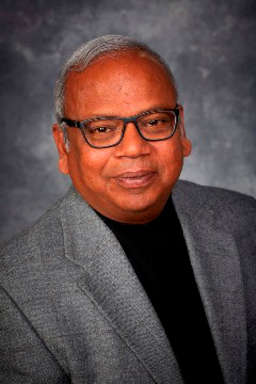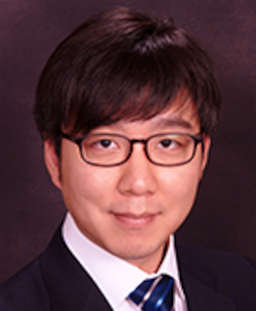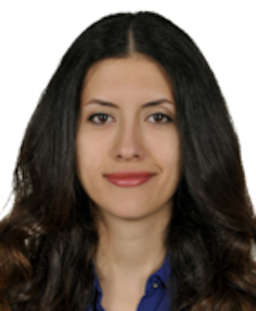
A new certificate program at UT Dallas helps accounting graduate students learn how to become proficient researchers.
Beginning this fall the Naveen Jindal School of Management will offer a Research Foundations in Accounting Certificate, a 15-hour, two-semester program (fall and spring) designed to help master’s in accounting students understand the rigors of quantitative research. Students will learn the tools and skills they need to pursue PhD programs related to accounting. Five three-hour courses include a doctoral writing and teaching seminar, advanced managerial economics, econometrics and special topics courses related to accounting that students would take twice.
“If you look at the sciences, the typical progression of knowledge is undergraduate work, then you do your master’s in a specific field, and then you move over to your PhD and dive deep into that focused field,” said Dr. Suresh Radhakrishnan, Constantine Konstans Distinguished Professor of Corporate Governance and Accounting, who is director of the program. “Accounting is more like medicine in that you have clinical and research sides.”
Rules in public accounting change so rapidly, Radhakrishnan said, that students necessarily have to focus their education much more on applied accounting than on its theoretical aspects in order to become prepared to pursue career opportunities in that field.
“This certificate program is basically a bridge,” he said. “We are trying to help accounting graduate students understand what it means to employ scientific rigor in academic research so that they can make a more informed choice as to whether they want to pursue a PhD. If they decide to do so, this program will give them a good foundation from which to build upon.”

Hoyoun Kyung and Pinar Gencer both worked in industry after earning their master’s degrees. They are now pursuing PhDs in management science with concentrations in accounting at the Jindal School. For both students, deciding between a professional and academic career boils down to whether you prefer to deal with the known or the unknown.

“When you work as a practitioner, you answer questions that other people ask,” said Kyung, who worked at Samsung Electronics as a corporate accountant. “As a researcher, you have the freedom to explore your own questions and dig into what you find interesting and feel passionate about.”
What most appeals to Gencer about doing research is solving puzzles, which the former investment banker has enjoyed doing since childhood. When the opportunity arose to pursue a PhD, she became excited about the opportunity to solve problems related to accounting, finance and economics. She also liked the idea of teaching and being able to share her ideas with others.
“This program is a really good idea,” she said. “It is a very good introduction to an academic career — especially the seminars and the doctoral writing and teaching. I wish I would have been able to take some of these courses when I was deciding whether I was going to pursue a PhD or continue in my banking career.”






